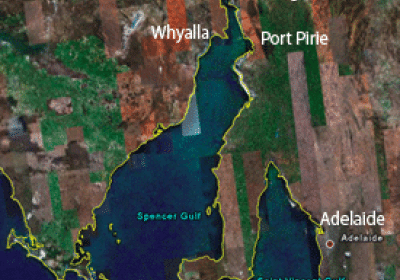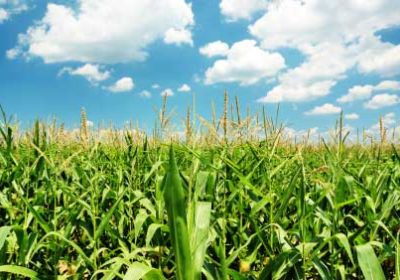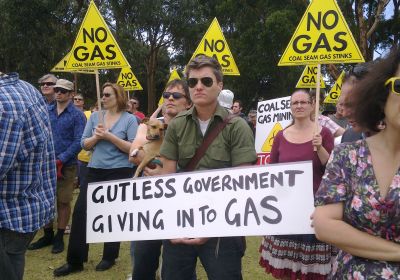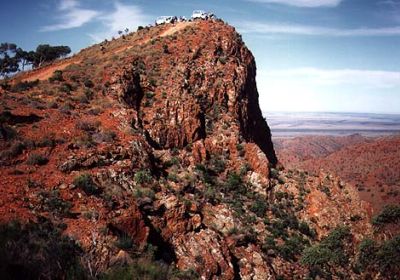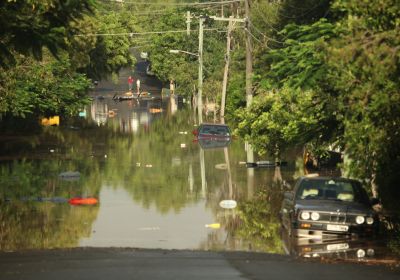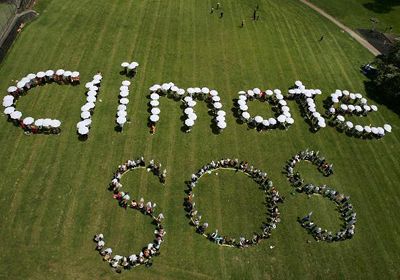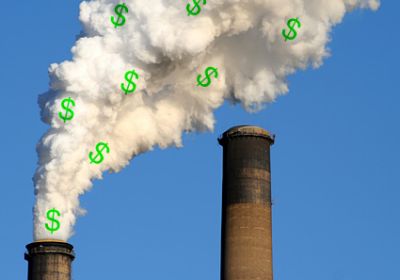
When the right-wing press isn’t hacking the voicemail of murdered teenagers, much of its energy goes to denouncing “green extremists”. You know, the ones who’d destroy our economy just to claw back a few tonnes of greenhouse emissions.
So what would Rupert Murdoch, Andrew Bolt and their whole tribe prefer be done, in practice and in the near term, to stop global warming? Let’s be honest — nothing.
Cutting emissions, they implicitly argue, will inevitably cost more than if society lets carbon polluters get on with what they do best.
